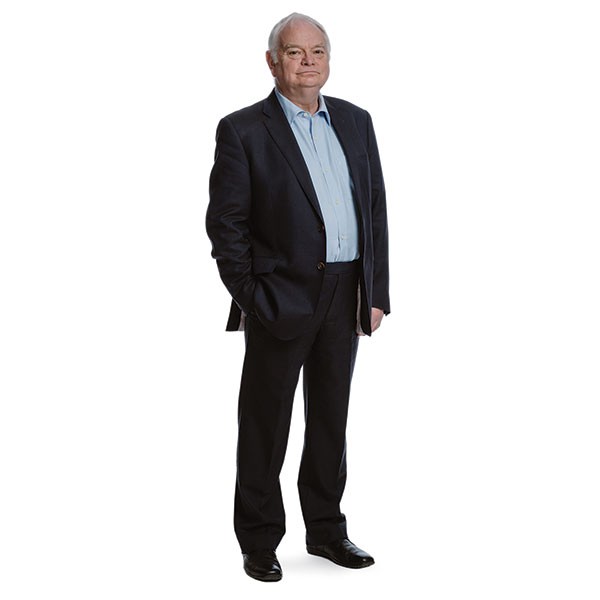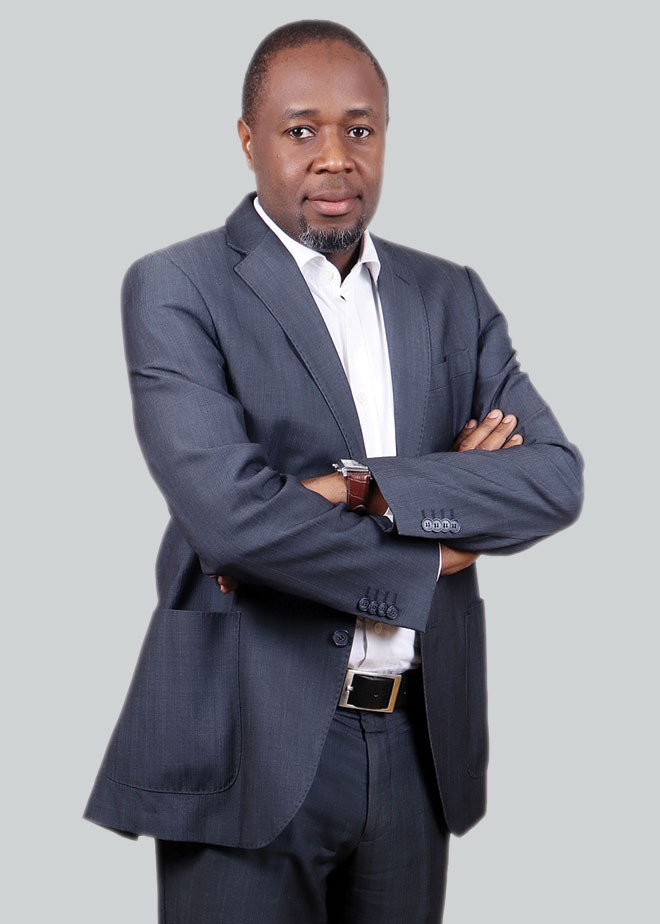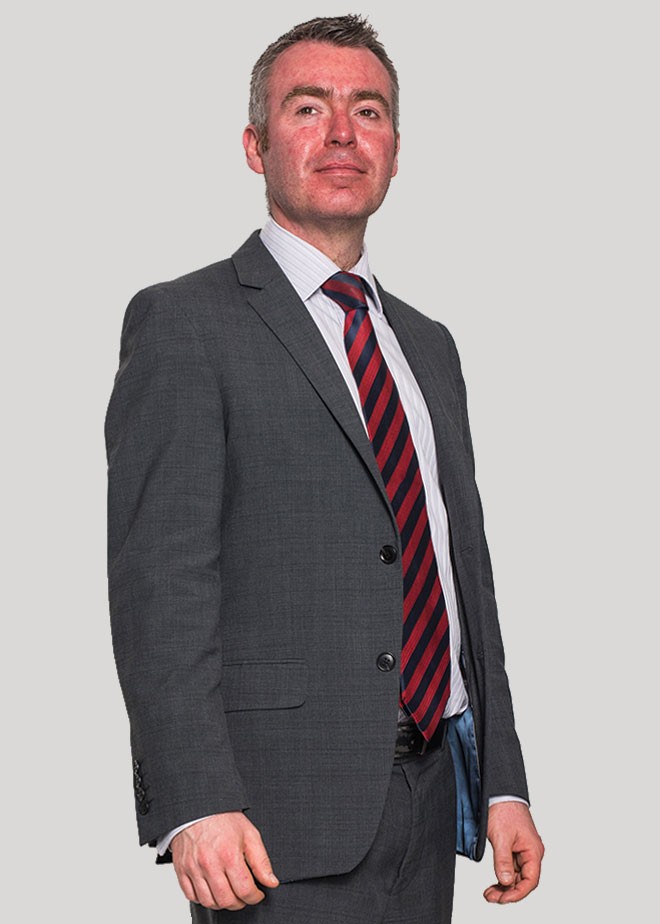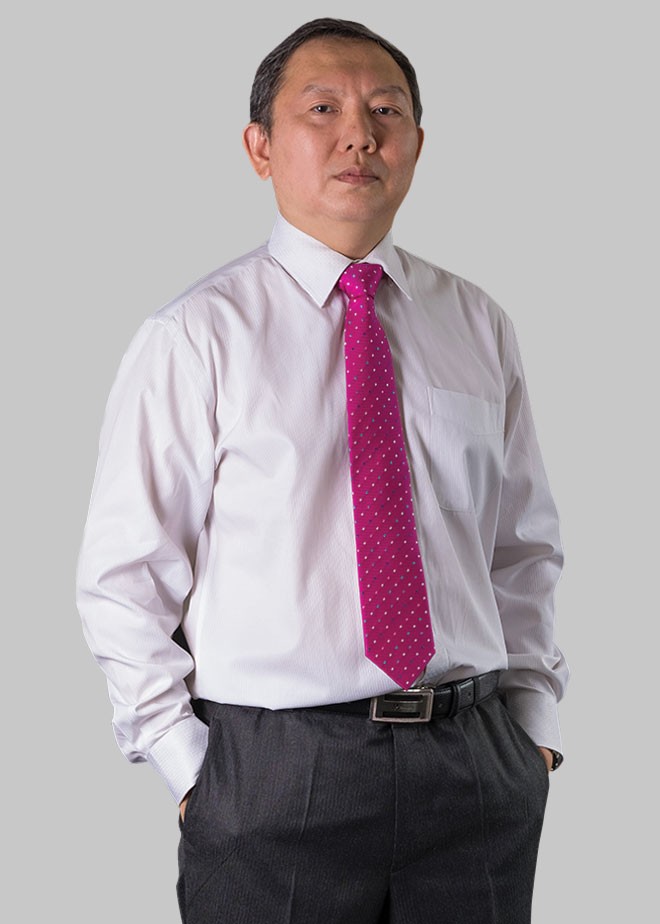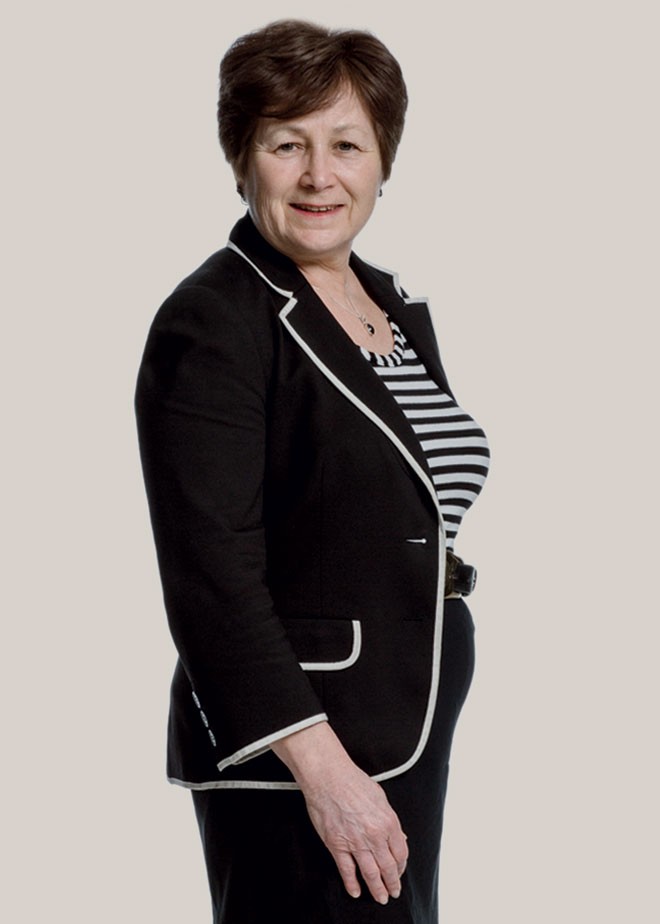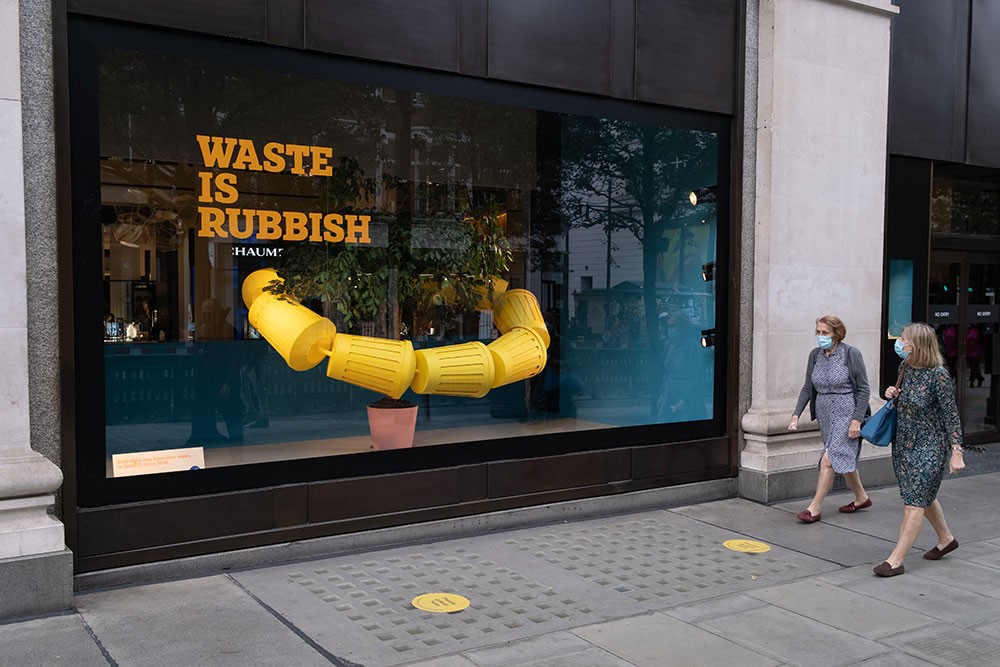This is not turning out to be a good season for politicians. Normally they have all been away for a summer break and are now back into what is an often-frenetic period ahead of the annual party conferences – a time when policies can be, they hope, refreshed in the public eye. Not so in these pandemic times.
And what of the rest of us? Amid the landscape of a ruined economy, a population in fear for their lives and infrastructure that is functioning only fitfully, the business world finds itself sitting among the wreckage in a state of amazement. And it wonders what on earth the politicians are up to.
Anyone in business can feel the ground shifting beneath their feet. Politicians currently feel the hot breath of a baffled and angry electorate on the back of their necks and know that the electoral cycle will, in a few short years if not sooner, drop judgment on them all. Instability is therefore built into the relationship between politicians and business.
U-turns
This has been a period of politicians, to put it politely, changing their minds frequently. The number of U-turns, often screeching handbrake turns, have become an almost daily phenomenon. Businesses, as business leaders always tell politicians, need certainty. But they certainly don’t have it now.
And, staying in the lower end of the alphabet, they have to work out whether any recovery may be V-shaped to add to the U-turns. In some ways business could be happier with this volatile political environment. There is always the chance that some of the decisions may be based on pragmatism rather than stubborn dogmatism.
And there are certainly advantages to be gained in a looser approach to the dynamics of business. Structural and cultural change, which is certainly happening as a result of the pandemic, is useful. It creates a time when opportunities may make more sense and are easier to implement.
Shifting sands
It has certainly enlivened the debate over corporate responsibility and accountability to shareholders and stakeholders. Here the shifting sands are moving in different ways depending on which continent you are based in. What seemed to be a decisive moment in the business year happened before the pandemic had really started to take its toll on lives and attitudes.
The business world finds itself sitting among the wreckage in a state of amazement. And it wonders what on earth the politicians are up to.
When Larry Fink, chairman and CEO of the world’s largest asset manager, BlackRock, wrote his annual letter to the CEOs of companies it invested in, he told them that henceforth BlackRock would be coming down like a ton of bricks on any that didn’t operate under sustainability protocols and provide information in line with the Task Force on Climate-related Financial Disclosures. Now, several months into our pandemic times, you find great push-back on such things in the US and growing enthusiasm in the UK and Europe.
Opportunities mean different things to different mindsets. Overlaying all these movements is a feeling that time could more profitably be spent moving to simpler ways of thinking, living and working.
Quiet life
When I was a young journalist, one of my colleagues was Danny, now Lord, Finkelstein. He has just published a collection of his columns for The Times and I watched an online interview with him about his work. He lives in north-west London in Pinner, a place that is seen as the epitome of amiable suburban life and that he from time to time extols and defends in his columns.
Asked online to explain why he chooses to live there, he said simply that his mother had survived a concentration camp and his father had survived exile in Siberia. ‘Pinner is nicer than that,’ he said. Perhaps that is what business needs in these pandemic times. The pursuit of simpler strategic aims.
